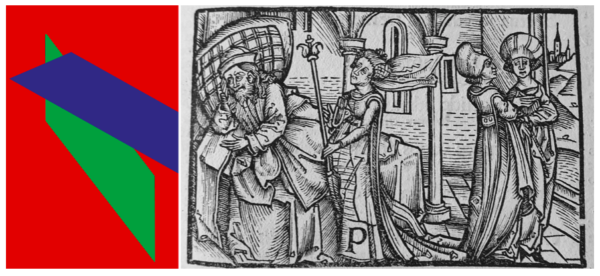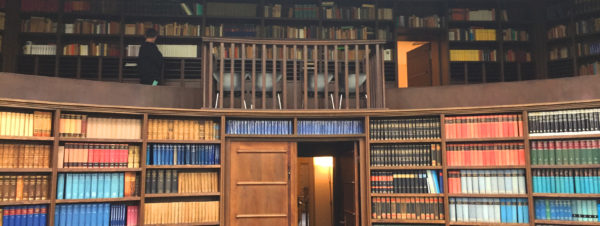Moderation of the opening keynotes by Denis ‘Jaromil’ Roio and Julia Kloiber at the Disruption Network Lab conference “Data Cities – Smart Technologies, Tracking & Human Rights” (September 25, 2020 at Bethanien, Berlin)
Denis “Jaromil” Roio (Digital Social Innovation Expert, Software Artisan & Ethical Hacker, IT) & Julia Kloiber (Managing Director at Superrr Lab and Partner at Ashoka Germany, DE). Moderated by Daniel Irrgang (Research Fellow, Weizenbaum Institute for the Networked Society, DE).
The present and future development of “Data Cities” are driven by big data and high tech efficiency. Plans are already being discussed and implemented today, and it is our responsibility to drive such development towards collective benefits rather than the exploitation and invasion of our privacy and everyday lives. What are algorithms around us adopted for? To make machines perceive us, or to make us perceive them?
Algorithms are powerful tools opening diverse risks and opportunities. By controlling an algorithm one can paralyse an entire city or make its management more democratic, participative and in contact with its inhabitants. In his keynote, Denis “Jaromil” Roio shares his experience dealing with the techno-political aspects of algorithms and propose a humanist approach for their governmentality. Alongside, Julia Kloiber reflects on how feminist values like care, maintenance and equity can help us to design technology for the city of the future. What does a city based on intersectional values look and feel like, for its residents, for local businesses and for the environment? Since our natural resources are limited, we have to break with our current innovation narratives and talk about exovation — the power of getting rid of prevailing products — and about social innovation. While it is important to fight current developments like the erosion of our privacy and surveillance, it is as important to develop positive future visions. Scenarios that help us imagine what winning would look like, and that help us feel hopeful for what’s to come. We can do so by thinking beyond the human centred, beyond nation states and beyond technology, building up alternatives to imagine empowering and sustainable cities of the future.
https://www.disruptionlab.org/data-cities#programme

